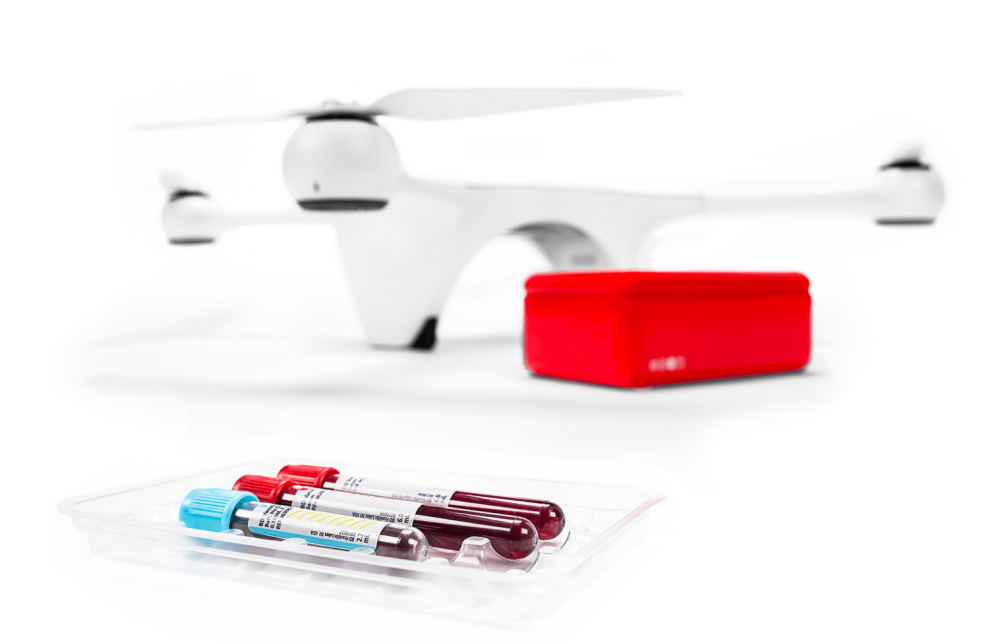Because every minute counts when children’s lives are at stake, Deloitte and Rady Children’s Institute for Genomic Medicine (RCIGM) are exploring an innovative approach to cut the time it takes to get medical samples to the laboratory using unmanned aircraft systems (UAS).
The plan calls for avoiding ground traffic delays by deploying UAS to fly genomic testing specimens to the lab to get results back to acutely ill babies and children more quickly.
“Through our work with RCIGM, we’ve seen firsthand their intense passion for helping children with rare disease, and their dedication to discovering advancements to improve patient care,” said Josh Nelson, principal, Deloitte Consulting LLP, who leads Deloitte’s work with RCIGM. “This UAS project is an innovation to speed transport and delivery of samples to their lab. Together with RCIGM, we plan to go from strategy to testing to operational and develop a blueprint for other health care organizations to use.”
RCIGM has pioneered the use of rapid whole genome sequencing to diagnose newborns and children with life-threatening rare genetic disease.
“We are excited about the potential this innovative technology offers to improve healthcare outcomes for critically sick babies,” said Stephen Kingsmore, President & CEO of RCIGM. “By rapidly decoding a child’s DNA, we can provide medical teams with vital information to guide personalize patient care. When minutes matter, we can’t afford to have a sample delayed in transit.”
The project is currently in the planning stages. Funding and successful testing must be completed before the before adopting the technology for routine use.
Together, Deloitte and RCIGM, in coordination with the Federal Aviation Administration (FAA), will carefully test and validate the safety of UAS for this use. The project team will also take into consideration issues many medical and technical requirements such as temperature control and flight safety during deliveries. In addition, the UAS program will need to comply with all FAA regulations governing San Diego’s busy airspace.
As this UAS project is developed for RCIGM, Deloitte has identified other potential UAS benefits for health care organizations, such as:
- Decreased health care costs: Instead of establishing rapid genome sequencing centers at more locations, UAS medical delivery creates a way for hospitals to provide advanced testing services by sending samples to certified, accredited genomic laboratories while remaining within budget.
- Extension of subject matter expertise to remote geographies: Often rural or remote locations do not have access to the specialty treatments that urban areas do. UAS medical delivery can bring the new capabilities to harder to reach areas of the country and world.
- Additional medical delivery use cases: Once delivery of samples is well established, deliveries could go beyond genome samples and apply to additional types of samples or to carrying samples over farther distances.
- Expansion of medical delivery capabilities: UAS medical delivery could enable the creation of specialty testing centers at strategically located sites. This approach could expand availability of time sensitive advanced testing to hospitals that cannot afford their own testing centers.
“This technology opens many possibilities for providing faster diagnosis for a variety of needs. Coupling rapid sequencing tests with rapid sample transport will speed the time to precise treatment and reduce the period of uncertainty both for providers and the parents of our patients,” said Dr. Kingsmore. “More babies’ and children’s lives can be saved – this what drives us.”
“This collaboration with RCIGM is part of our ongoing commitment to private and public sector clients in the San Diego region,” said Nelson.
Source: Press Release

